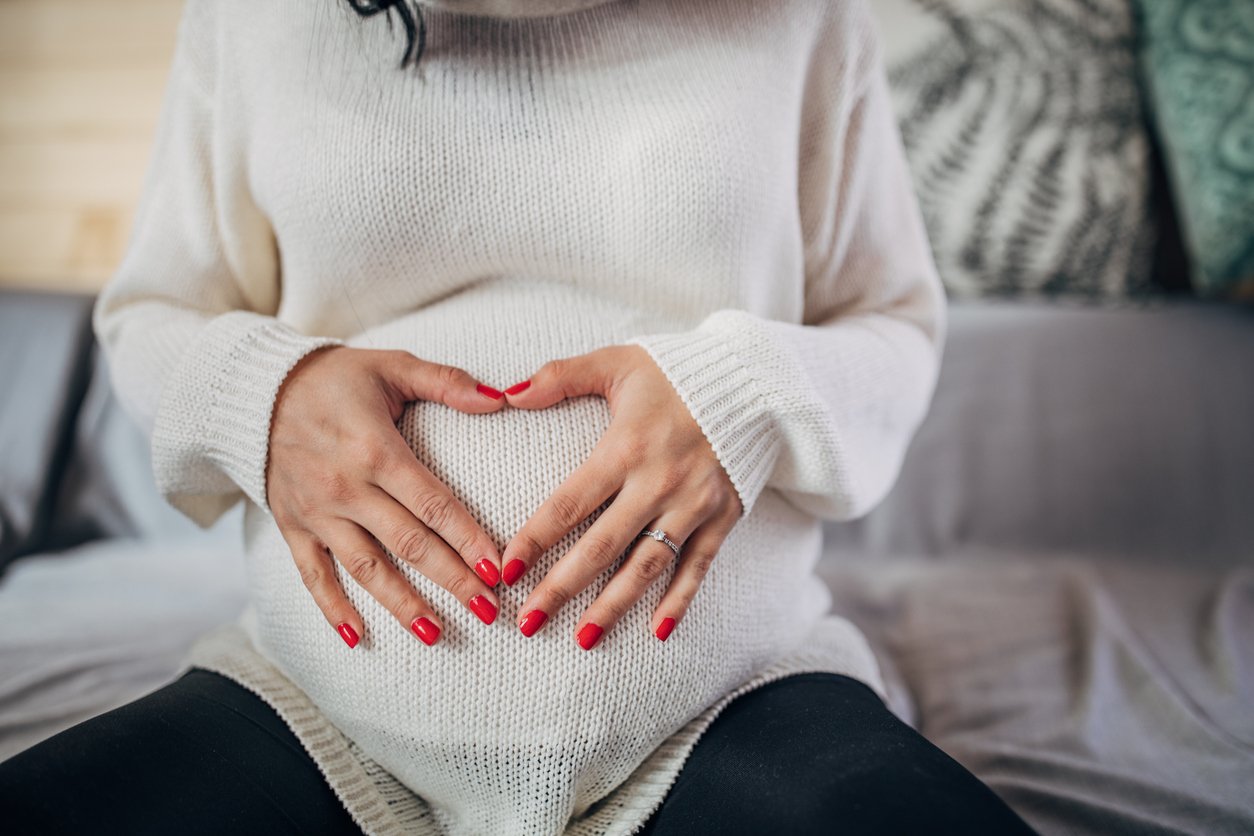What Can I Expect from an Egg Donor Pregnancy?
by MyEggBankin Learn About Egg DonationAugust 31st, 2022

When a woman is able to carry a child but experiences complications conceiving with her own eggs, egg donation may offer an alternate path to pregnancy.
- The aspiring parent(s) selects an egg donor.
- The egg is fertilized with a partner’s (or donor’s) sperm.
- The resulting embryo is transferred to the uterus of the aspiring mother
After the embryo is transferred, pregnancy and childbirth are no different than if a woman was carrying a child conceived from her own egg.
Selecting an Egg Donor
Finding an egg donor is often the first and most challenging step when planning an egg donor pregnancy. Luckily, at MyEggBank, parents have access to the largest database of egg donor profiles, which consist of pictures, physical characteristics, race and ethnicity, and complete medical, and genetic reports. All donors undergo an intensive screening process, which includes, but is not limited to, a complete family medical history, physical and psychological evaluation, and genetic testing.
While there is no right way to choose a donor, parents may want to consider a few things:
- How does the donor’s medical and genetic history interact with your own
- Which physical characteristics are important to you
- Does the donor’s profile sound like someone that would “fit in” with your family
We understand that choosing a donor can be difficult, however, we are confident that parents working with MyEggBank have all the resources they need to make the best decision for their future families.
Fresh Egg Donation vs Frozen Egg Donation
Intended parents conceiving via egg donation will need to choose between using eggs directly retrieved from the donor, or those that have been cryopreserved. The option that is best for you depends on timing, budget, and plans for the future.
When opting for a synchronous or fresh egg donation, the menstrual cycles of the intended mother and egg donor will need to be synchronized using hormones, to ensure that the recipient’s womb is prepared for implantation. Given this additional coordination, fresh donor cycles may be best for intended parents with flexible timelines and budgets. Additionally, synchronous donor egg cycles typically allow for a greater number of eggs to be retrieved and used in the future, which may be beneficial for parents looking to have more than one child from the same donor.
Intended parents looking for a quicker, more cost-effective option may benefit from choosing an asynchronous or frozen egg donation cycle. Since the eggs have already been retrieved, there is no need to synchronize between the donor and recipient. As soon as the donor has been selected, the intended mother can begin her IVF cycle and prepare for implantation.
Egg Donor Pregnancy
After implantation, pregnancy via egg donation will feel and be treated as any other pregnancy. That said, it is common for mothers using an egg donor to fear they will not bond with their baby due to the absence of a genetic link. If this resonates with you, we are here to tell you that motherhood is much more than genetics. In fact, here are some ways to connect with your baby before they are even born:
- Talk or sing to your baby – at 18 weeks, a fetus can begin to hear sounds, and may even recognize your voice upon birth
- Touch or rub your belly – fetuses can show increased activity in response to physical touch
- Get creative – try journaling or creating a visual representation of your journey
Whether you’ve decided to use an egg donor or not, pregnancy is a physically, emotionally, and mentally demanding experience. Make sure to take care of yourself and have a support network of loved ones and providers. If you are not pregnant yet and would like to explore your options using an egg donor, contact MyEggBank today to learn more.




